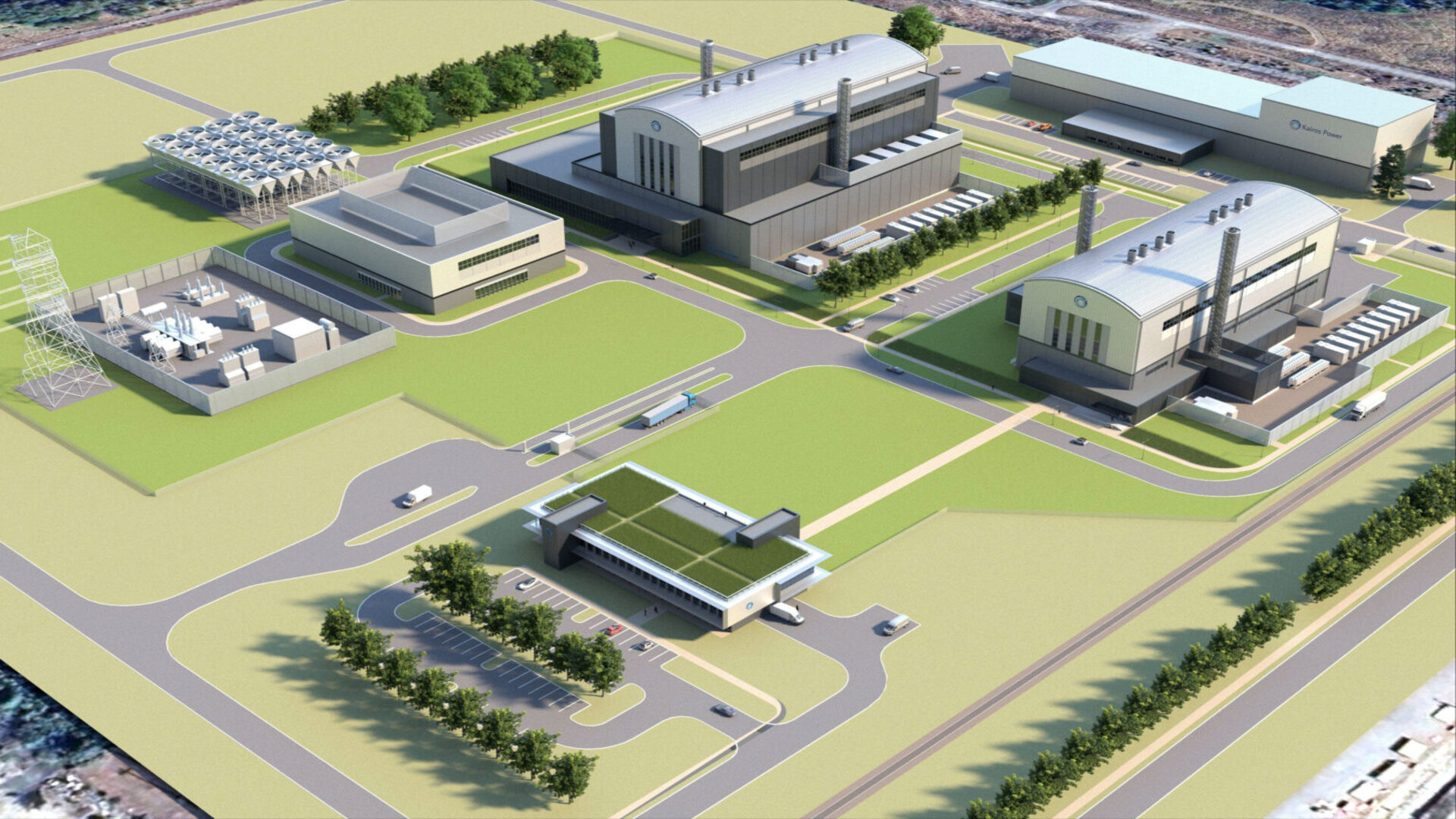Microsoft joins World Nuclear Association as it doubles down on small modular reactors and fusion energy
Nuclear energy is stepping into big tech’s future electricity strategies

- Microsoft is chasing carbon-free energy while data demand keeps rising
- The World Nuclear Association gains unprecedented visibility through Microsoft’s membership
- Small modular reactors are being framed as digital infrastructure’s next foundation
Microsoft has officially joined the World Nuclear Association (WNA), making it the first global technology company of its scale to do so.
The announcement comes at a time when the nuclear industry is attempting to position itself as a necessary partner for both climate targets and the electricity needs of a rapidly expanding digital economy.
For Microsoft, the move signals a deeper commitment to technologies like small modular reactors and fusion energy as part of its long-term carbon-free ambitions.
Balancing climate goals with electricity demand
Electricity consumption tied to data centers is expected to grow sharply in the next decade, putting pressure on utilities and energy-intensive industries alike.
Microsoft’s decision to align with the World Nuclear Association reflects this trend, as while the company already invests heavily in renewable power sources, nuclear energy offers continuous, high-capacity output that wind and solar cannot always provide.
The WNA describes Microsoft’s membership as a "game-changing moment," but such claims will likely face scrutiny given the slow pace of nuclear deployment globally.
"Microsoft's membership with the Association is a game-changing moment for our industry," said World Nuclear Association Director General Sama Bilbao y León.
Sign up to the TechRadar Pro newsletter to get all the top news, opinion, features and guidance your business needs to succeed!
"When one of the world's most innovative technology companies recognizes nuclear energy as essential to its carbon-negative future, it sends a powerful signal to markets, policymakers, and industry leaders worldwide. This partnership will accelerate nuclear deployment at the scale needed to meet both climate goals and the growth in energy demand from data centers."
Microsoft has already signed long-term agreements designed to secure reliable energy supplies.
One of the most notable is a 20-year power purchase agreement with Constellation Energy, intended to restart the Crane Clean Energy Center, the former Three Mile Island Unit 1 facility in the United States.
In addition, the company struck one of the earliest commercial deals with fusion energy company Helion.
As part of its World Nuclear Association membership, Microsoft is expected to work on areas like advanced nuclear technologies, regulatory efficiency, and supply chain resilience.
Small modular reactors and next-generation systems, including potential fusion breakthroughs, are central to this collaboration.
Advocates argue that streamlined licensing and stronger global supply chains are critical if nuclear power is to play a larger role in meeting energy demand.
Still, the challenges of cost, construction delays, and political opposition remain major barriers.
Microsoft’s Energy Technology team, led by Dr. Melissa Lott, will take a leading role in shaping how the company participates in the Association’s initiatives.
For the World Nuclear Association, securing a member like Microsoft brings both visibility and legitimacy.
For Microsoft, it offers a chance to hedge its energy bets in an uncertain market, but whether this partnership proves transformative depends on the ability of nuclear technologies to deliver results.
"Nuclear energy isn't just part of the technology sector’s energy strategy, it's essential to it," said León. "Microsoft joining the Association allows greater collaboration between one of the major energy users and the nuclear industry to address the regulatory, technical, and financial challenges to accelerate nuclear deployment. The global nuclear industry isn’t just generating electricity, it’s energizing technology."
You might also like
- Check out our pick of the best secure routers on offer
- We've rounded up the best portable monitors available now
- Sharing might be caring, but businesses are moving towards private servers

Efosa has been writing about technology for over 7 years, initially driven by curiosity but now fueled by a strong passion for the field. He holds both a Master's and a PhD in sciences, which provided him with a solid foundation in analytical thinking.
You must confirm your public display name before commenting
Please logout and then login again, you will then be prompted to enter your display name.